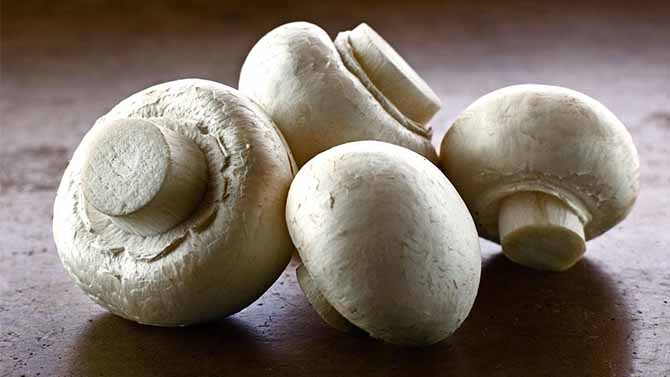Lower Cancer Risk
The most well-known and researched aspect of fatty mushrooms is their purported anti-cancer properties. These Lectins, which are proteins that can bind to abnormal and cancerous cells and mark them for removal by the immune system, are present in mushrooms. Numerous studies have found that fatty mushrooms can help treat various cancers, including breast cancer, hepatocellular carcinoma, uterine cervical cancer, pancreatic cancer, gastric cancer, and acute leukemia, according to a 2016 article in the journal Molecules. In addition, a number of mushroom species have been found to have anticancer compounds.
In the US, breast cancer is the second most common cancer among women. As a result, specialists have studied fatty mushrooms' potential to prevent breast cancer in great detail. It has been demonstrated that certain of the active components in fatty mushrooms, including ergothioneine, lectin, and beta-glucan, is advantageous for people with breast cancer. Additionally, this mushroom contains conjugated linoleic acid (CLA), which slows the growth of cancer cells and may shield men from developing prostate cancer. Researchers from the University of Western Australia in Perth found that among 2,000 women, those who consumed at least a third of an ounce of fresh mushrooms each day had a 64% lower risk of developing breast cancer.








